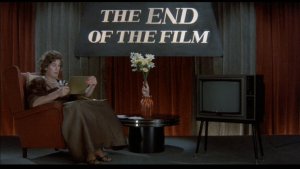Some people drink, some people workout in excess, some people get high—I go to the movies. In the summer especially, when people are drinking on patios or out on their boats, I’m probably in the middle of a dark theater by myself trying to escape into another world for a couple hours.
Yesterday I took myself across the river to E Street to see Boyhood.
I have been waiting for Boyhood to come out ever since I heard about it. I love Richard Linklater’s films—even The Newton Boys. There’s an honesty and a thoughtfulness to his work that I don’t seem to find in any other filmmaker. In Linklater’s films, you get the distinct feeling that he is trying to capture something about the human experience in order to relate to other people, not for self-indulgence. He, like me, seems to have devoted his life to, well, trying to figure this life shit out.
Boyhood is yet another spectacular attempt, starting at youth and ending with the main character, Mason, at age 18 and starting college. It was filmed over the course of 12 years, so you get a striking continuity to the main characters that has, as far as I know, never been done before in a non-documentary film. The pop culture references peppered throughout are nostalgia-inducing. The soundtrack is woven beautifully into the movie and becomes an element of the story. (Ethan Hawke talking about Wilco’s “Hate It Here” is something I never knew I needed until it happened.)
I’m not exactly sure why, but my immediate reaction after seeing Boyhood was to burst into tears—both the good kind of tears and the bad kind of tears. For who I am, who I was, and who I thought I would be.


